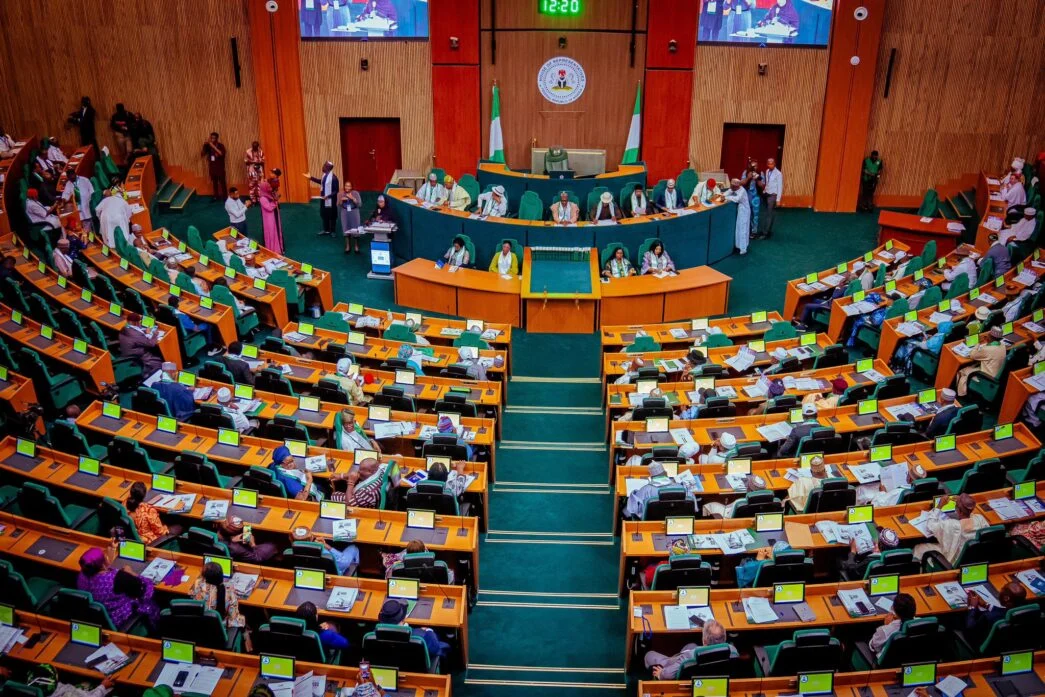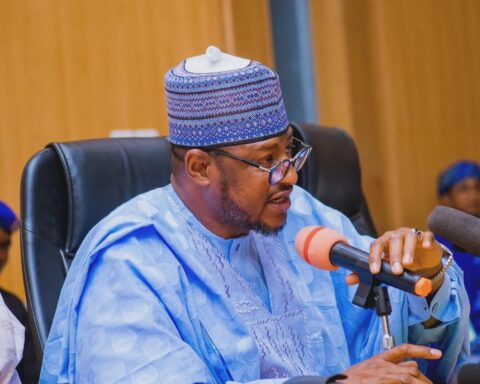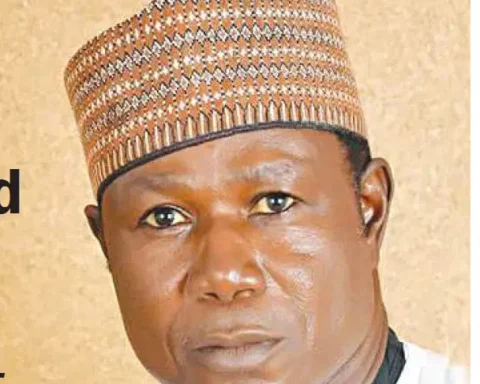The Nigerian House of Representatives has demanded that the United States government reinstate the five-year multiple-entry visa policy for Nigerian citizens, condemning the recent shift to a three-month single-entry visa as a threat to decades of bilateral relations. On July 22, 2025, the House adopted a motion of urgent public importance, sponsored by Hon. Muhammad Muktar and four others, which criticized the U.S. Department of State’s July 8 policy change is unfair and detrimental to Nigeria’s vibrant diaspora, business operations, and academic pursuits. The lawmakers argued that the decision undermines the longstanding strategic partnership between both nations, grounded in mutual respect and shared democratic values.
The motion highlighted the contributions of Nigerians in the U.S., noting they form one of the most educated and productive immigrant communities, with figures like Chimamanda Ngozi Adichie and Dr. Bennet Omalu excelling in fields like healthcare, technology, and arts. “It is deeply disturbing that this policy shift comes despite decades of goodwill, sacrifices, and bilateral efforts,” Muktar said, emphasizing the potential strain on family connections and economic ties, including over $1 billion in monthly remittances. The House urged the U.S. Embassy and State Department to reverse the policy and mandated the Nigeria-United States Parliamentary Friendship Group to engage U.S. Congress and officials push for fairer immigration policies while directing Nigeria’s Ministry of Foreign Affairs to pursue diplomatic channels to protect citizens’ mobility.
The resolution has sparked discussions on Nigeria’s role in regional peace and the need for reciprocal diplomacy, with the House calling for continued dialogue to address security and policy misconceptions. The U.S. Embassy, in its July 8 statement, cited global reciprocity realignment and security benchmarks, including visa overstay management, as reasons for the change, but Nigeria’s Foreign Ministry clarified that it offers five-year multiple-entry visas to U.S. citizens, disputing claims of non-reciprocity. As the issue unfolds, the House’s stance reflects a broader push to safeguard Nigeria’s strategic ties with the U.S. while advocating for equitable treatment of its citizens.



























